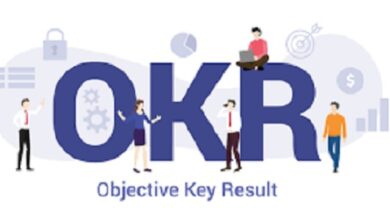Economics/Business
Economics
Economics is the social science that studies how individuals, businesses, governments, and societies allocate scarce resources to satisfy their unlimited wants and needs. It is concerned with the production, distribution, and consumption of goods and services, and the decisions and behaviors of individuals and institutions that shape these processes.
By reading the intensive articles of Englopedia.com you will grasp that it is a broad field that encompasses various branches and subfields, including microeconomics, macroeconomics, international economics, labor economics, behavioral economics, and many others. Microeconomics focuses on the behavior of individuals and firms, while macroeconomics looks at the overall performance of the economy, including issues such as inflation, unemployment, and economic growth. International economics examines the flow of goods, services, and capital across borders, while labor economics focuses on the behavior of workers and employers in the labor market.
Englopedia will make you aware that Economists use a range of tools and techniques, such as mathematical modeling, statistical analysis, and experimental methods, to study and analyze economic phenomena. They aim to understand how markets work, how individuals and institutions make decisions, and how public policies and institutions impact economic outcomes.
Through the leading articles of Englopedia you will realize that Economics has significant implications for individuals, businesses, governments, and societies, as it can inform decisions related to investments, production, taxation, trade, and social welfare policies. It is a crucial field of study for understanding the functioning and dynamics of modern economies and for addressing pressing global issues, such as inequality, climate change, and economic development.
-

Motivation in the workplace to improve the employee performance
Motivation in the workplace An employee’s productivity can be directly linked to their motivation. Therefore, improving it has become a constant…
Read More » -

Performance appraisal definition objectives implementation and types
What is Performance Appraisal? There are several practical ways to increase the performance of a team of collaborators. And to find out what…
Read More » -

Types of performance appraisal definition and importance
What is performance appraisal? Performance evaluations are responsible for creating the main indicators of employee productivity and, therefore, it is…
Read More » -

Corporate social network benefits examples indicators feaatures
What is corporate social networking? With the expansion of the internet and the need to modernize the company’s internal communication , managers…
Read More » -

OKR definition its Objectives and key results and making in 5 steps
What is OKR The definition of Objectives and Key Results (OKR) is an English term for Objectives and Key Results . Its methodology…
Read More » -

Recurring Economy its benefits of technology
Recurring Economy Recurring savings companies can benefit greatly from using technology to automate their processes, saving on the use of…
Read More » -

What is human capital its financial value importance and Measures
Human capital Human capital encompasses technical skills and social skills that, together, allow the company to carry out its activities. As…
Read More » -

What is team building purpose importance advantages and application
What is team building First of all, you need to present the concept. Team building is the process of transforming a group of…
Read More » -

What is situational leadership its styles and 6 benefits
Situational leadership Situational or contingent leadership is a leadership model in which the leader knows how to adapt to situations and…
Read More » -

Satisfaction surveys its Purpose Types benefits and 7 TIPS
WHAT IS SATISFACTION SURVEY? The satisfaction survey is a proactive strategy of companies, in which its main function is to receive customer feedback . It…
Read More »